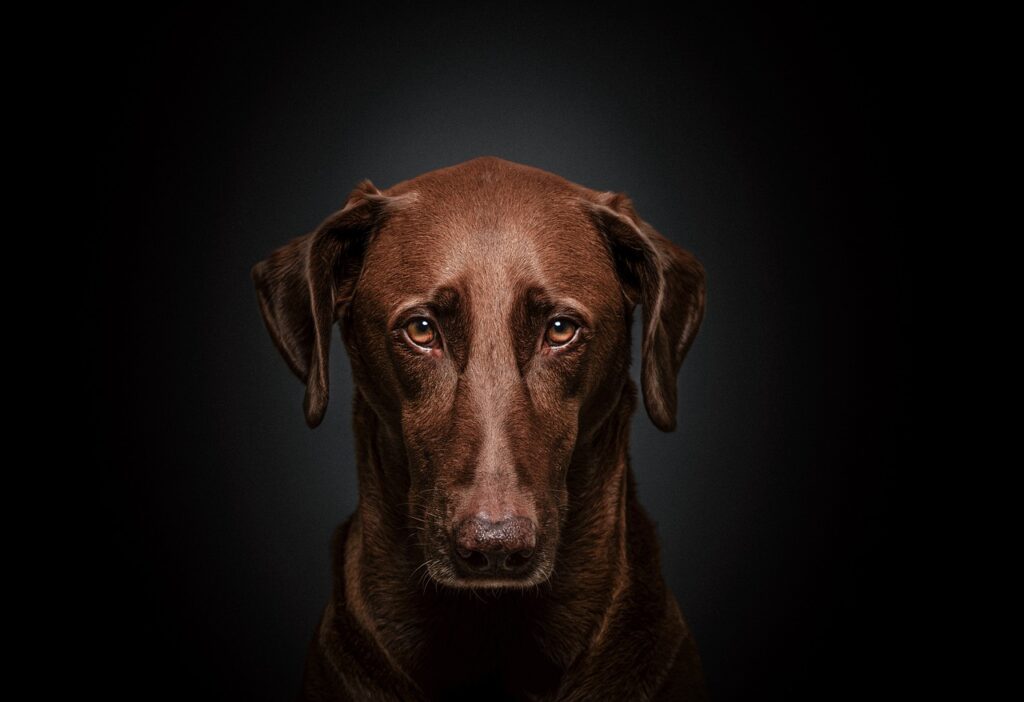Can Dogs Eat Couscous? – Yes, They Can
Dogs can enjoy couscous in moderation. Couscous, a small pasta made from semolina flour, is not toxic to dogs but doesn’t offer any substantial health benefits either. It’s a good source of carbohydrates and can be a nice addition to a dog’s meal, especially if they need extra energy. However, it should not replace their regular dog food and should be given sparingly as a treat.
Can Puppies Eat Couscous?
Yes, puppies can eat couscous, but it should be introduced into their diet very cautiously. Puppies have sensitive stomachs, and their main nutrition should come from a balanced puppy diet specially formulated for their growth needs. If you choose to feed your puppy couscous, it should be plain, cooked without any seasonings, and served in small amounts.
Things to consider when feeding couscous to puppies?
Be aware that puppies require specific nutrients for their development that couscous does not provide. It’s essential to ensure they are getting a complete and balanced diet. When introducing couscous, watch for any signs of digestive upset such as diarrhea or vomiting, and always consult with your veterinarian before adding new foods to your puppy’s diet.
Nutritional Benefits of Couscous for Dogs – Why Couscous is Good for Dogs?
Energy Provider
Couscous is primarily a carbohydrate, which can be an excellent energy source for active dogs.
Digestible Grain
It’s relatively easy to digest when cooked properly, making it a suitable grain option for many dogs.
Protein Content
Couscous contains a small amount of protein, though not as much as meats or other protein-rich foods for dogs.
Minerals
It contains trace amounts of minerals such as selenium and magnesium, though they are present in very small amounts.
Fiber
There’s a bit of dietary fiber in couscous, which can help with digestive regularity.
Potential Allergies: Can Dogs Be Allergic to Couscous?
While it is rare, dogs can be allergic to any type of food, including couscous. If you notice any unusual symptoms after feeding your dog couscous, you should stop feeding it and consult a vet.
Symptoms of Couscous Allergies in Dogs
- Itchiness: Look for excessive scratching or biting at the skin.
- Gastrointestinal Distress: Signs include vomiting, diarrhea, or frequent flatulence.
- Ear Infections: Recurring ear infections can be a sign of a food allergy.
What to Do If Your Dog Shows Symptoms?
- Consult a Veterinarian: Seek professional advice to determine if the symptoms are truly allergy-related or caused by something else.
- Elimination Diet: Your vet may suggest an elimination diet to identify the offending food.
- Alternative Diets: If couscous is a concern, your vet can recommend alternative sources of carbohydrates.
Recommended Amount: How Much Couscous Can a Dog Consume?
The amount of couscous a dog can consume depends on their size, activity level, and overall health. A small spoonful mixed into their regular food is typically safe. Also, ensure it’s properly cooked and served plain, without any additives such as salt or garlic which can be harmful to dogs.
Things to Consider When Feeding Couscous to Dogs
Always consider your dog’s daily caloric needs and any special dietary restrictions they may have. It’s always best to consult with a veterinarian if you are unsure about the appropriate serving size for your dog.
How to Feed Couscous to Dogs: A Quick Guide
Couscous can be a quick and easy treat for your dog. Here’s how you can incorporate it into their meals safely and enjoyably.
Plain Cooked Couscous
Simply cook the couscous according to the package instructions without any additives and let it cool before serving. Mix it with their regular dog food for an extra treat.
Couscous and Veggie Mix
Steam some dog-friendly vegetables like carrots or peas and mix with cooked couscous for a nutritious addition to their meal.
Homemade Couscous Dog Cookies
Combine cooked couscous with some pureed pumpkin, roll into small balls, flatten, and bake for a homemade dog cookie – ensure no harmful ingredients are added.
Conclusion
Couscous can be a safe treat for dogs when given in moderation and without any harmful seasonings. Puppies can also have couscous, but it should be introduced slowly. Always be wary of allergies and consult with your vet if you’re unsure about adding new foods to your dog’s diet. As a treat, couscous offers a change of pace and can provide extra energy, but it’s not a substitute for a balanced canine diet.



